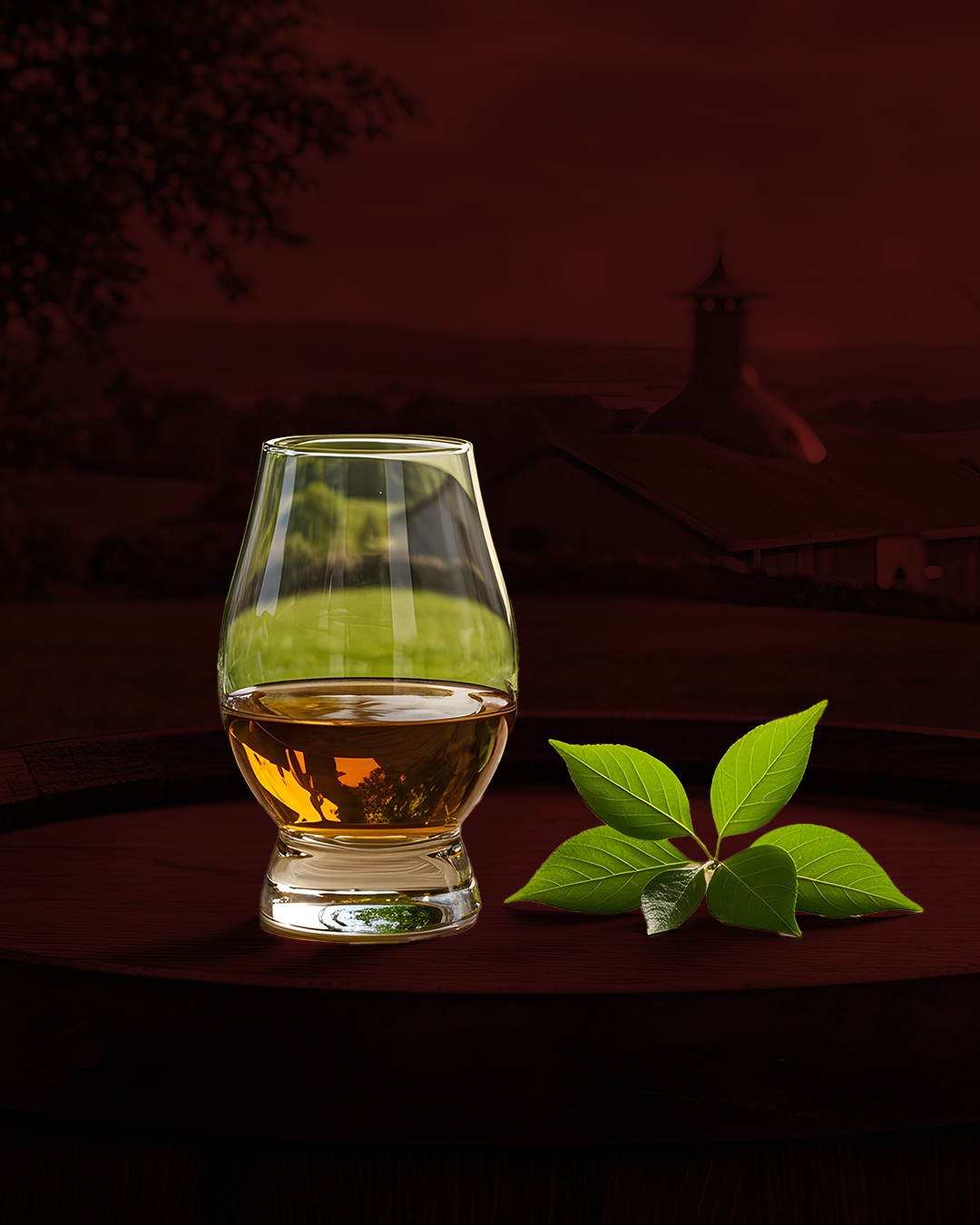When the world’s largest spirits maker (Diageo) announces that it will be selling one of its most popular whiskies (Johnnie Walker) in 100% recyclable paper bottles from 2021, you have to sit up and take notice.
The whisky industry has not been known for its environmental efficiency. Every aspect of crafting this spirit – from raw ingredients traveling long distances to heating stills after which more than 60% of the final distillate is wasted to using all those barrels and glass bottles –place an immense burden on the environment. An industry already struggling with its green PR then isn’t helped when well-known distilleries indulge in greenwashing marketing tactics (such as Old Pultney did with their recent Rise with the Tide campaign).
The Making of a Green Spirit
But the green future isn’t all doom and gloom for the one of the planet’s favourite spirits. Oban Distillery for instance have taken it upon themselves to be trailblazers in sustainability practices for the entire drinks industry. By switching to biofuels in 2018 it reduced its carbon footprint by 98% and have also recently introduced a new practice that has cut down water use by almost 80,000 litres per week.
Advancements in solar technologies, heat reclamation systems, rainwater harvesting and efficient energy management are encouraging more and more distilleries to the fact that an ecological approach is also, ultimately, the economical one.
Distilleries Making a Difference
Leading brands as well as craft distillers are moving beyond basic waste reduction measures such as feeding spent grain to livestock and using leftover pot ale left as soil conditioner. Let’s meet some of them:
1. California-based Blinking Owl bourbon offer a 100% state-grown spirit, working almost exclusively with local organic producers and growers who employ sustainable farming practices and have cut out long-distance sourcing and the associated impact of diesel fuel.
2. Blair Athol is setting standards for its recycling efforts, including recycling its pot ale syrup for animal feed, saving all that tanker commute and 15,000 litres of water year. It also uses old pallets to create wildlife boxes to improve biodiversity in the vicinity.
3. Buffalo Trace has joined hands with the University of Kentucky to help promote the long-term sustainability of white oak, the wood used to make bourbon barrels.
4. Chivas Brothers barred the use and distribution of plastic straws and stirrers at all its events in over 100 countries from 2018.
5. Dewar’s has adopted lightweight bottles for its blends and installed a biomass boiler at its Aberfeldy distillery, which is set to reduce the brand’s carbon footprint here by a whopping 90%.
6. Diageo distilleries Lagavulin, Oban, Clynelish and Blair Athol have all received gold certification from the UK’s Green Tourism accreditation body for their sustainable practices that include zero waste to landfill, biodiversity enhancement, energy efficiency, local sourcing, community engagement and plastic reduction.
7. Far North Spirits, the northernmost craft distillery in North America is also among its greenest. It grows all its grain on site, and makes sure every other material used is either low-impact, composted or reused.
8. Colorado based distillers of Hoover’s Revenge Ragged Mountain rye now source its grains from a farm less than a mile away. Additionally, a full 100% of the water used on site is reused, saving more than 1,51,41,647 litres of runoff per year.
9. Lagavulin is working with conservationists to help restore and preserve 700 acres of peat bog on the island of Islay.
10. Opened in 2018, The Macallan’s nearly 3 acre distillery is housed under one of Europe’s largest green roofs. It features a landscape of native grasses and herbs that provide food and nesting space for birds and insects and also a water management system that returns cooling water pulled from the Spey to the rolling river in full.
And so… it’s heartening to see that despite the expected roadblocks to scaling up sustainability efforts, there is no shortage of whisky distilleries stepping up to meet the environmental challenges in making whisky. Time, as with everything whisky, is the key that will achieve significant sustainability success in the drinks industry.





